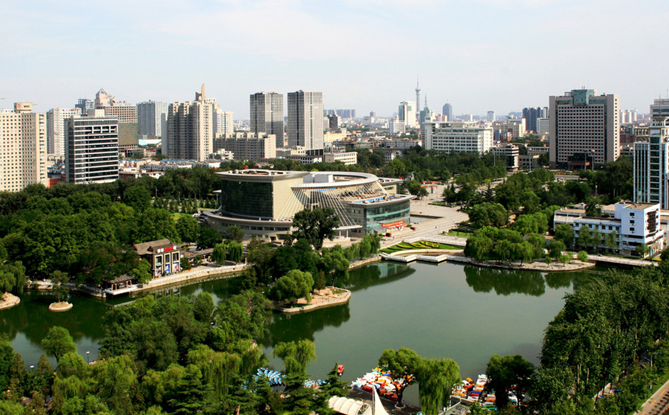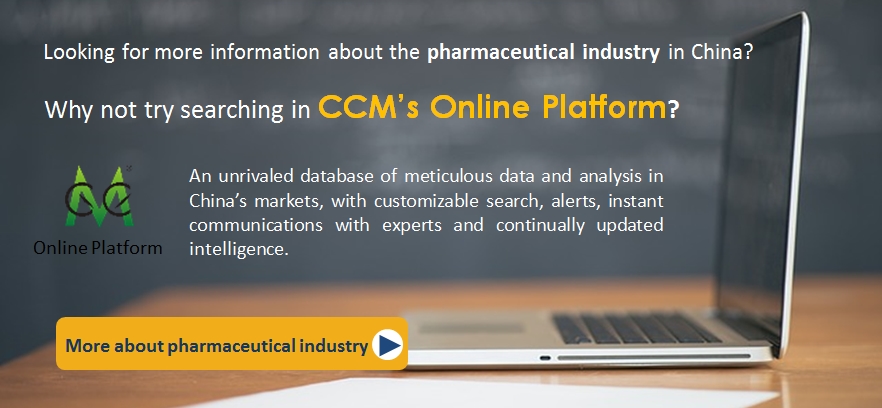One of the most important provinces for the
pharmaceutical industry in China, Hebei province, is going to undergo massive
production limitations and cuts, in order to face the critical pollution in the
big cities. CCM believes, that this government action can even lead to a
decrease of the total GDP in 2016.

Source: Baidu
Every year, the Ministry of Environmental
Protection of the People’s Republic of China releases a ranking of China’s
major Cities regarding their air pollution. This year, the report was published
on December 13, 2016, revealing devastating results for Hebei province. Among
the 74 cities, that are ranked in the report, six cities of Hebei province
belong to the ten top polluted Cities in China, including the province capital,
Shijiazhuang.
The government in Shijiazhuang has bearded
the consequences of this ranking and increased the efforts to reduce pollution
again. One of the measurements affects the pharmaceutical, chemicals, packaging
and furniture industry in Shijiazhuang and other pollutes cities in Hebei.
These industries show a large emission of volatile organic compounds, which
represent a big share of the pollution. Therefore, manufacturers in these
industries are ordered to limit or even completely cut their production for an
indefinite period.
Organic compounds are the chemicals, which
have carbon in their structure. Volatile organic compounds are characterised as
changing their appearance likely to a vapor or gas state. They are mostly
released as a result of burning fuels like gasoline, wood, coal, or natural
gas.

Looking at the pharmaceutical industry in
detail, the mentioned volatile organic compounds are generally found in the
antibiotics and active pharmaceutical ingredients, responsible for emissions
like waste gas, water, and residues, according to the analysis of CCM.
The results are concerning, because
Shijiazhuang is one of the main pharmaceutical production bases in China,
including 112 pharmaceutical manufacturers, according to the Hebei Food and
Drug Administration. Among this 112 producers, a group of 42 enterprises
produces active pharmaceutical ingredients, which setting them on the list of
suspended and cut production.
According to CCM’s research, all these
companies were responsible for an output of USD485.37 million in the year 2015.
Furthermore, the winter season is traditionally one of the peak seasons for
pharmaceutical industries. With the government action of suspension, this huge
potential cannot be fulfilled throughout, which is leading to a reduced revenue
of the pharmaceutical industry in Hebei province. This effect will likely also
take part in the outcome of the total GDP of Hebei province, where some lower
numbers are possible, according to CCM.
About CCM:
CCM
is the leading market intelligence provider for China’s agriculture, chemicals,
food & ingredients and life science markets.
Do
you want to find out more about the feed Market in China? Join our professional online platform today and get insights in Reports, Newsletter, and Market Data
at one place. For more trade information on feed visit our experts in trade
analysis to get your answers today.
Tags: pharmaceutics, vitamins